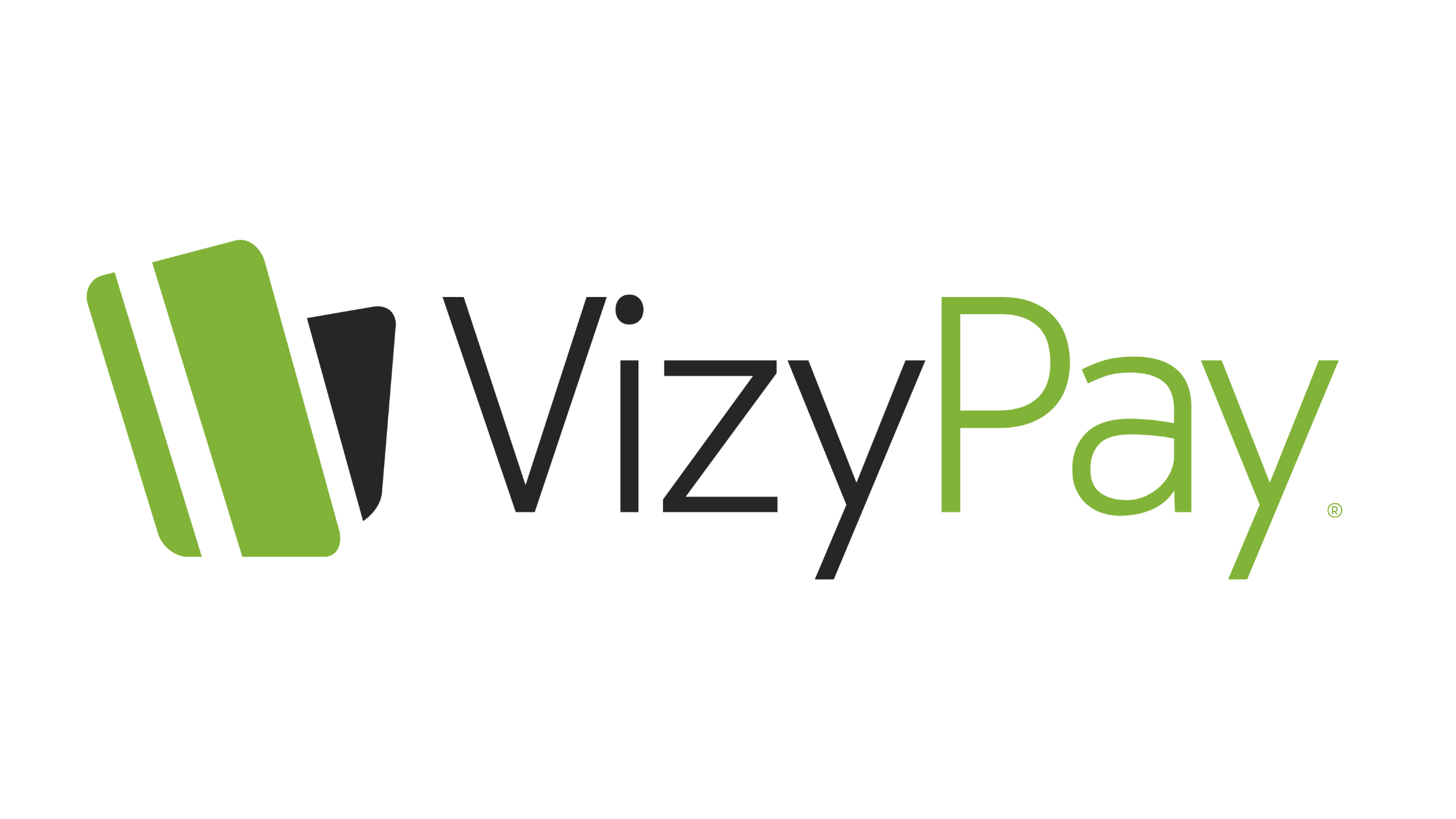In all jobs and industries, especially dealing with sensitive information, we all have standards we must abide by; PCI Compliance is an example. If you accept forms of payment in any industry, you must be compliant. PCI Compliance, or Payment Card Industry Compliance, is the security standard for all companies that accept, process, store, or transmit credit card information. These standards were created to improve the security of confidential information when card transactions take place.
How Do I Know If I Should be PCI-Compliant?
Even if you process just one transaction a year, you must be PCI Compliant. More importantly, as a business owner, you must protect yourself and loyal customers before, during, and after a transaction. Not being compliant leaves you with potential monthly penalties, data breaches, legal action, damaged reputation, and revenue loss. If you're a smaller business, then you will want to take the time to do so, you could potentially be paying up to $10 per month, anywhere up to $10,000 if you incur a fine, just save yourself the money by doing this. If you are working with a payment processing company, which you more than likely are if you have a business that processes cards then you could potentially be incurring this monthly fee every month. Majority of companies will just charge you the fee to make profits off of it without telling you because "it's your duty to make sure you take care of it".
So, if you are reading this and are using a POS system or processing payments and are unsure if you are paying this fee, contact your payment process provider and double check you're compliant. The short term hassle to register or to just double check you are, could potentially save you thousands longterm.
How Do Small Businesses Become Compliant?
When you initially became capable of accepting payments with a payment processor then you should have received an email from Clover that notified you to become compliant, the link should have taken you to their site to answer a a few questions and questionnaire.
You would go to the Clover Site:
- Create A Business Profile
- Answer the questionnaire in the "Business Profile" section
- Then, Complete the Security Assessment
- Attest the assessment upon completing it
- And boom, you're good to accept payments
To verify whether you have done this:
We recommend to verify if you're compliant by simply just asking your payment processor, they will let you know if you are or not. At VizyPay, we like to give warnings to our merchants, give them quick calls if they haven't become compliant yet, and we'll even go as far to do it with you while you're on the phone with us to make it even easier.
It's a relatively easy process so we always recommend to do it to save yourself money on your monthly processing bill.
Should I Be Worried About Fines & Fees?
If you are a small business then you will have no worries of seeing the larger size fines and to meet the same requirements in comparison to larger corporate entities. Most payment processing providers charge a small fee per month, but this can add up over months and even years.
How Often Do I Need to Renew My PCI Compliance Registration?
You will need to do this once a year.
If you are a new business, then you will have up to 90 days to do it for your first time before you would start incurring fines.
Summary
PCI compliance means your business is abiding by data security standards established by the Payment Card Industry Security Standards Council, and verified.
If you need assistance to determine whether you are compliant enough, give a call to your payment processing provider to confirm or go directly to the Clover site and login. Both will be able to tell you whether you are or not.
It takes 20 minutes to do this, take the time now to save yourself money in the future.
Feel free to view our other blogs to read more educational blogs to make sure your small business is up to date on all industry news!

%20(4).png)

.png)

.png)
.png)

.png)


.png)

-1.jpg)
-1.png?width=175&height=98&name=White%20VP%20Logo%20(1)-1.png)

